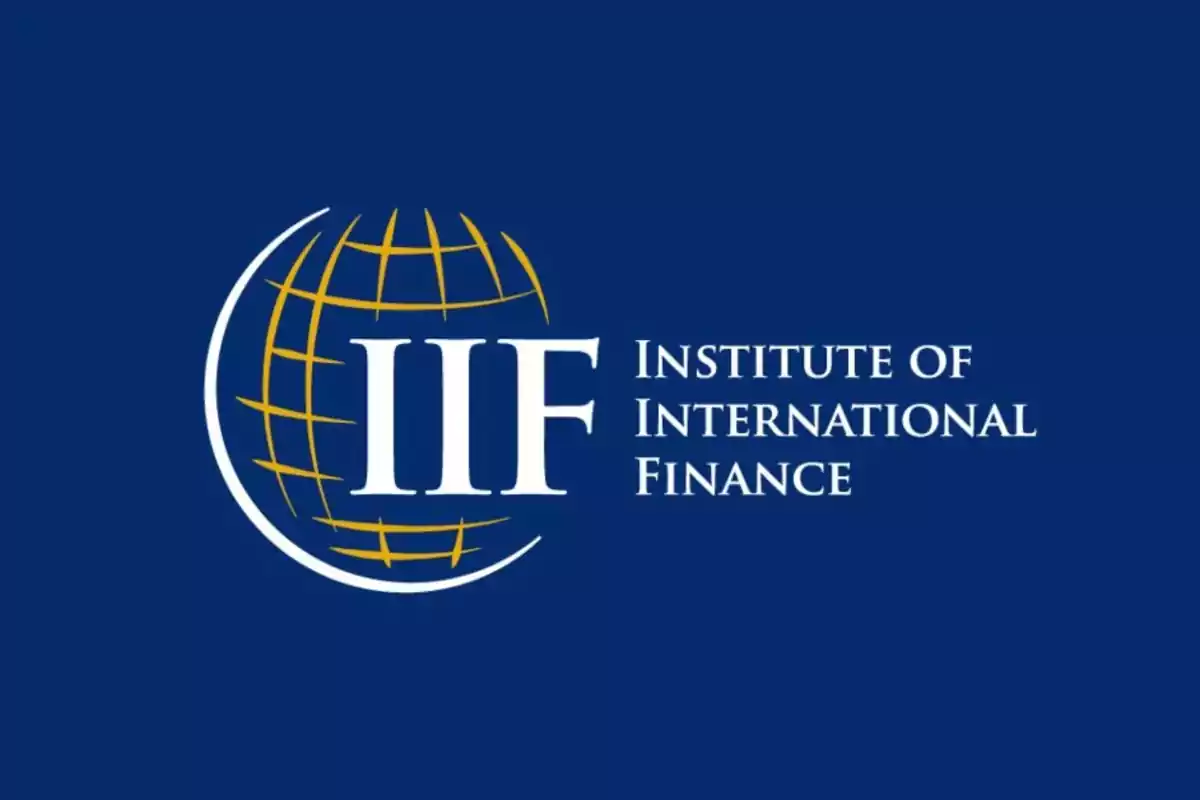
An international institute rates Milei's plan as 'the most ambitious'
A report by the IIF highlighted fiscal adjustment, lower inflation, and economic recovery as key achievements
The Institute of International Finance (IIF, for its acronym in English) published a report in which it defines President Javier Milei's economic program as "one of the most ambitious in the recent history of emerging markets".
The document, titled "Argentina: a bet on credibility underway", was prepared by economists Marcello Estevão and Martín Castellano, and provides a positive assessment of the measures implemented by the Government since December 2023, highlighting the coherence in the macroeconomic stabilization strategy, the initial fiscal consolidation, and the reconfiguration of the monetary and exchange rate framework.
According to the report, the national administration achieved significant short-term progress: annual inflation was reduced from 270% to levels close to 40%, with monthly variations around 2%, thanks to a more restrictive monetary policy and limited intervention in the exchange market.

At the same time, the Government achieved a primary surplus since the beginning of the administration through a 30% reduction in real public spending, which allowed it to send a clear signal of discipline to the markets.
"The policy mix is coherent and focused, avoiding excessive promises and placing emphasis on consistent execution", the text states. The report also valued the partial lifting of capital controls, with freer access to the exchange market for individuals, and considered that the unification of the exchange rate constitutes "an important milestone toward normalization".
During their visit to Buenos Aires as part of the 2025 Argentine Economic Forum, IIF analysts held meetings with officials, global investors, and local businesspeople. The survey identified "cautious optimism" on the part of the private sector, driven by greater macroeconomic predictability.
Bank credit showed signs of recovery: it increased from 4% to 10% of GDP, with an incipient return of mortgage financing. Nevertheless, the need to develop a securitization market to boost construction and address the housing deficit was noted.

The report also pointed out that productive sectors oriented towardexports—such as agriculture, mining, and energy—are showing improvements in their investment outlooks as a result of the new regulatory framework. Trade liberalization, the elimination of restrictions, and a floating exchange rate provide conditions for long-term expansion, according to the businesspeople consulted.
The authors conclude that "Argentina exceeded expectations in the initial phase of its economic turnaround", and emphasize that achieving early fiscal consolidation, controlling inflation, and simplifying the exchange rate regime in just a few months "is a remarkable achievement".
Even so, the report mentions that structural challenges persist, among them the need to move forward with deep reforms after the legislative elections, institutionalize fiscal discipline, and sustain the growth of productive credit.
In a context of cross-cutting debates, this report adds to the favorable reading of the economic plan by various international actors, contrasting with other more skeptical analyses such as the one recently published by JPMorgan.
More posts: